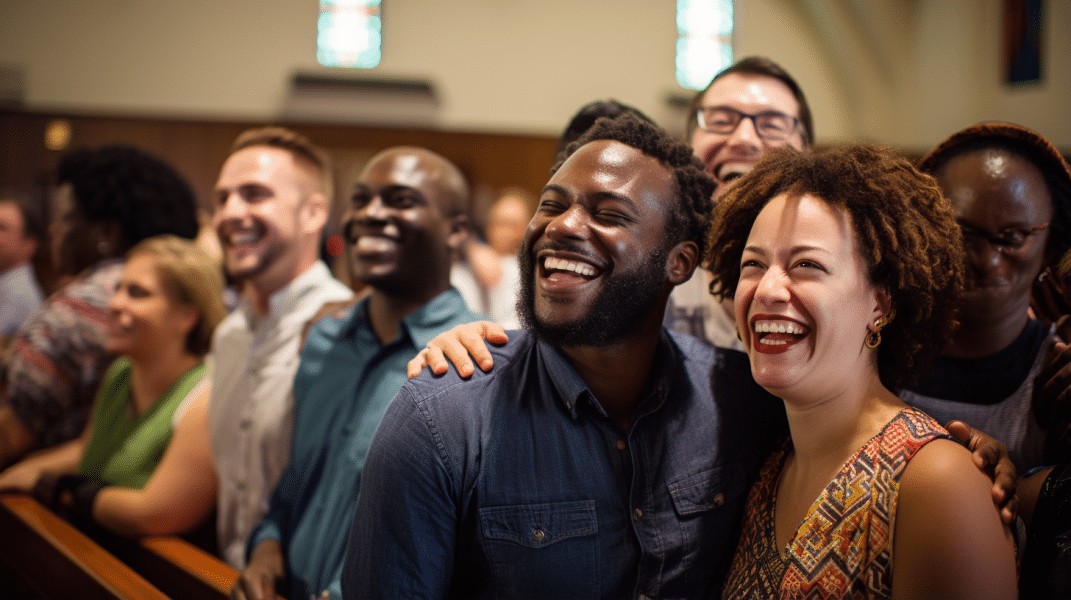In a rapidly changing world, modern Christian churches face numerous challenges and opportunities. With shifting cultural norms, advancements in technology, and evolving societal expectations, it is essential to delve into the beliefs and practices of modern Christianity. This article aims to explore the contemporary landscape of Christian churches, address current issues, and highlight the relevance that faith holds in today's society.
Understanding Modern Christian Beliefs:
Modern Christian churches encompass a broad spectrum of beliefs and interpretations, reflecting the diversity within the faith. While there are core doctrines central to Christianity, such as the divinity of Jesus Christ and the belief in the Holy Trinity, variations arise in other areas, such as worship styles, sacramental practices, and the interpretation of biblical texts.
Contemporary Worship Practices and Traditions:
Worship practices have evolved in modern Christian churches to connect with believers in meaningful ways. From traditional hymns to contemporary Christian music, worship services strive to engage congregants and foster a deep spiritual connection. Additionally, the use of technology, such as projectors and screens, has become commonplace to display lyrics, scripture passages, and multimedia presentations during services.
The Role of Women in Modern Christian Leadership:
In recent years, there has been a growing recognition of the importance of women in leadership roles within modern Christian churches. Many denominations have embraced the ordination of women as ministers, pastors, and even bishops, challenging long-standing gender biases and empowering women to serve and contribute to the faith community.
Embracing Diversity in Modern Christian Communities:
In response to an increasingly diverse world, modern Christian churches have recognized the importance of embracing and celebrating diversity within their communities. Efforts have been made to create inclusive spaces that welcome individuals from various ethnic backgrounds, cultures, and sexual orientations. Churches are striving to break down barriers, promote dialogue, and foster unity among believers.
The Intersection of Politics and Modern Christianity:
Modern Christianity intersects with politics in various ways, with believers grappling to find a balance between their faith and political ideologies. Some churches take an active role in addressing social and political issues, advocating for justice, equality, and addressing pressing societal concerns. Others adopt a more apolitical stance, focusing primarily on spirituality and personal faith.
Modern Christian Apologetics:
In an increasingly secularized world, modern Christian apologetics have gained prominence. Apologetics involves the defense and explanation of Christian beliefs, addressing questions and skepticism that arise in the face of scientific discoveries, secular philosophies, and cultural changes. Christian apologetics aims to provide reasoned justifications for faith and bridge the gap between belief and contemporary society.
The Role of Social Media in Spreading the Message of Modern Christianity:
Social media platforms have revolutionized the way information is disseminated, and modern Christian churches have responded to this trend by utilizing these platforms to spread their message. From live-streamed sermons to inspirational quotes and testimonies, social media serves as a powerful tool for evangelism, community engagement, and connecting believers worldwide.
Modern Christian churches face unique challenges as they navigate a changing world. By embracing diversity, addressing contemporary issues, and utilizing technology, these churches can remain relevant and impactful in today's society. They continue to adapt their beliefs and practices while staying true to the core principles of Christianity. As we move forward, it is essential to engage in open dialogue, fostering a deeper understanding of the beliefs, challenges, and triumphs within modern Christian communities.



